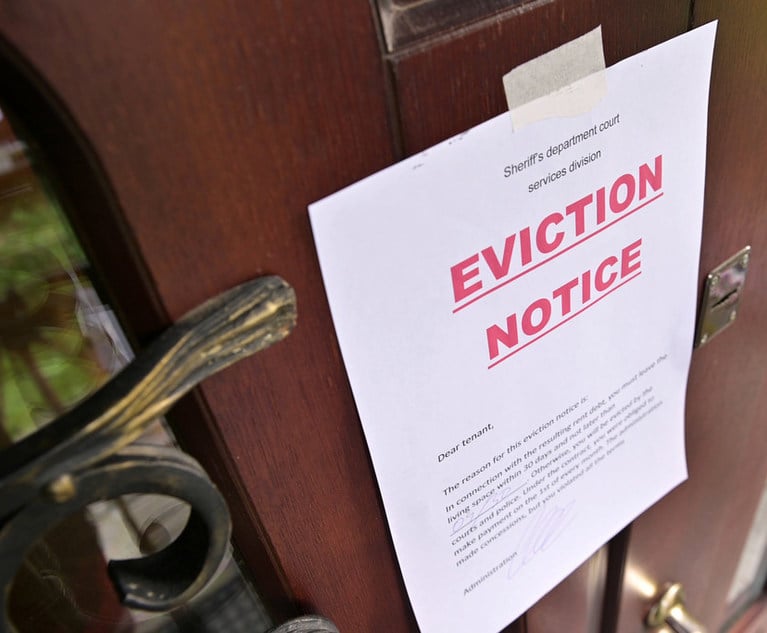The passage of the Housing Stability and Tenant Protection Act of 2019 (HSTPA) on June 14, 2019, fundamentally altered the landscape of landlord-tenant proceedings by enacting “sweeping changes to the rent laws and adding greater protections for tenants throughout the State.” Dugan v. London Terrace Gardens, L.P., 177 A.D.3d 1, 8 (1st Dept. 2019). While the economic impact of the HSTPA on New York City real estate remains hotly debated, it cannot be disputed that the practical effect and legislative intent of the new law prolongs the eviction process.
One aspect of housing law that has not changed, however, is that tenants in nonpayment proceedings are required to show “good cause” pursuant to RPAPL §749(3) to stay the execution of a warrant of eviction. But the legislature also amended RPAPL §753(1), and in doing so, may have afforded an additional remedy to the tenant in a nonpayment proceeding based upon a showing of, among other things, “extreme hardship.” This article reviews the “good cause” standard under RPAPL §749(3) and examines the possible role in nonpayment proceedings of the newly minted RPAPL §753, as we enter the coming era of landlord-tenant litigation.


 Apartment buildings in New York City. (Photo: Victor J. Blue/Bloomberg)
Apartment buildings in New York City. (Photo: Victor J. Blue/Bloomberg)




